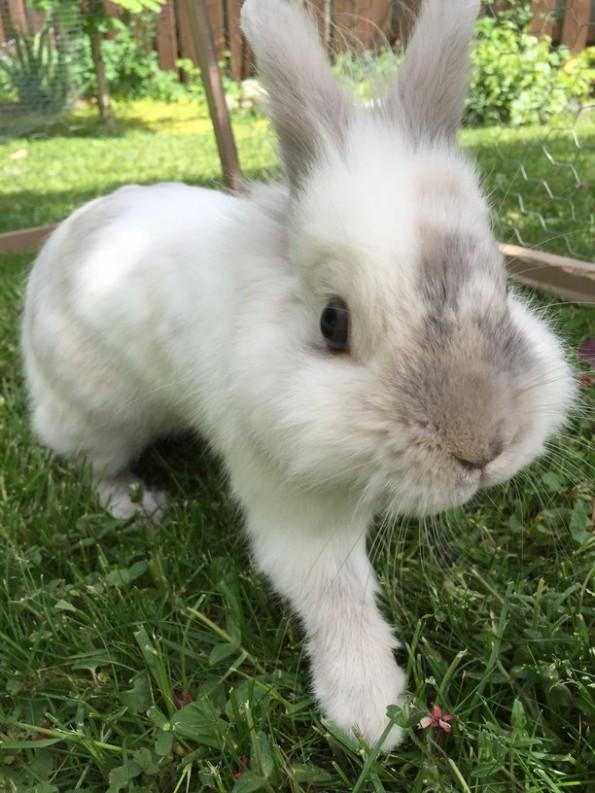
Easter is on its way and along with it comes lots of Easter eggs, chocolate bunnies and family dinners. Unfortunately with this celebration, Mitchell Veterinary Services sees many pets exposed to some unforeseen potential hazards.
Chocolate ingestion is poisonous for both dogs and cats. Products that contain darker, less sweet chocolate such as Baker’s chocolate or semi-sweet chocolate are the most likely to cause symptoms, as they contain higher doses of theobromine and caffeine. Signs of chocolate toxicity include hyperactivity, vomiting, diarrhea, an increased heart rate, heart arrhythmias, tremors, seizures, coma and death. Even with lighter chocolates such as milk chocolate or chocolate-covered candies, the fat and sugar content are a risk of causing upset stomachs or inflammation of the pancreas. The effects of chocolate take several days to leave a dog’s system – for this reason, we recommend speaking with your veterinarian as soon as you find out that your pet has eaten chocolate. At that time we can formulate a medical plan, based on the dog’s body weight and type and volume of chocolate consumed.
Turkey bones are dangerous! If your dog or cat swallows chicken or turkey bones, the bones may fragment into sharp pieces that could potentially injure its gut. It is not recommended to make your pet vomit if it has ingested bones, because the shards could potentially create further damage to its esophagus on the way back up. Large bones, such as a ham bone, risk becoming obstructed in the gut. A pet should be seen by a veterinarian if they stop eating for 24 hours, or have vomiting or diarrhea.
Easter lilies are fatal to cats. Even drinking the water from a vase containing this flower can quickly cause severe kidney failure. All true lilies, including the day lily, are highly toxic to our feline friends. If you see that your cat has ingested any part of a lily, it will require emergency therapy, including hospitalization and IV fluids, as soon as possible.
With spring approaching, another plant to watch for is lily of the valley. This plant can cause life-threatening abnormal heart rhythms when eaten by dogs or cats. Tulip and hyacinth bulbs are also toxic when chewed. Bulb ingestion can cause excessive drooling, vomiting or diarrhea. If a large number of bulbs are consumed, signs become more severe – a dog may experience an increased heart rate and difficulty breathing.
